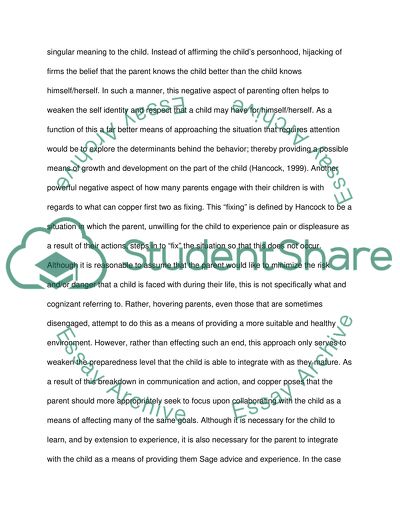Raising adults Essay Example | Topics and Well Written Essays - 750 words. Retrieved from https://studentshare.org/psychology/1483601-raising-adults
Raising Adults Essay Example | Topics and Well Written Essays - 750 Words. https://studentshare.org/psychology/1483601-raising-adults.


